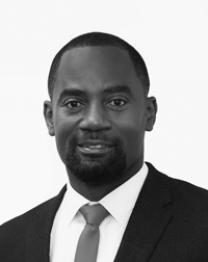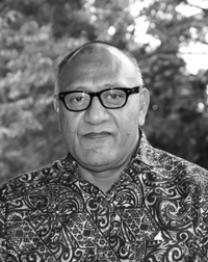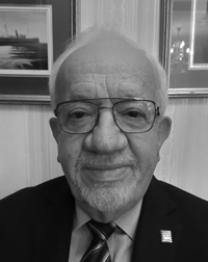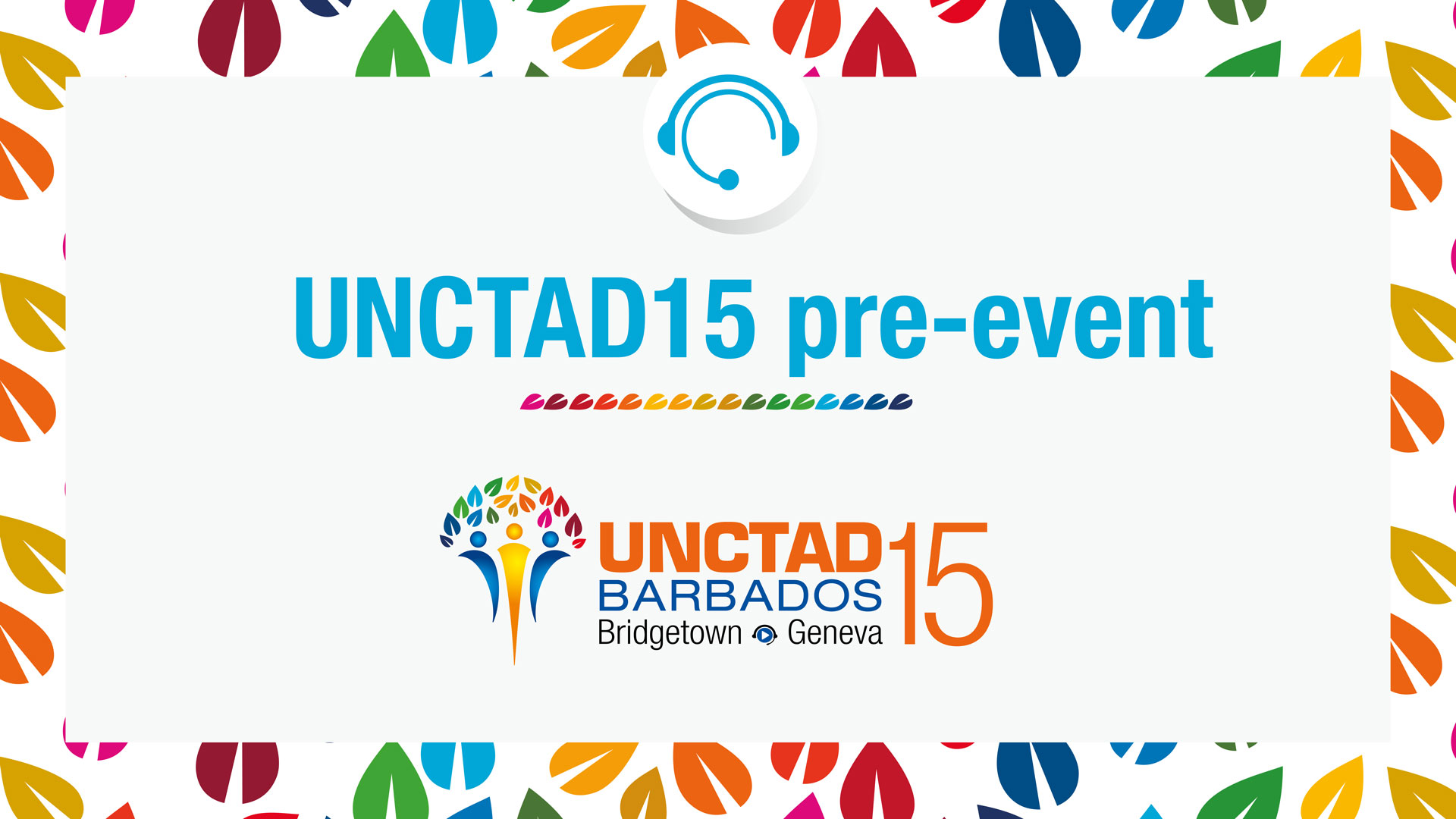
A sustainable and resilient ocean economy is vital for achieving the policy objectives set out in the 2030 Agenda for Sustainable Development, as well as other international agreements, including the SAMOA Pathway, Paris Agreement, the Convention of Biological Diversity and the Sendai Framework. For small island developing States (SIDS) and other vulnerable island nations, as well as coastal developing countries, the sustainable development of the ocean economy, including fisheries and aquaculture, coastal tourism, maritime transport, offshore hydrocarbon and renewable energy, ecosystem services and the potential use of marine genetic resources, holds considerable promise. At the same time, these economies face important trade-related and environmental challenges, including marine and coastal pollution, ocean acidification, natural disasters and climate change impacts, as well as constraints in terms of geography, connectivity and capacity.
While the COVID-19 pandemic and its extensive socio-economic impacts may give rise to new priorities, it underlines the critical importance of openness, trade and infrastructure readiness, economic diversification, risk-assessment and resiliency building. Changing circumstances arising from the impacts of the pandemic will need to be considered as part of future trade, logistic and development strategies going forward.
Key issues for consideration
Sustainable trade in ocean-based goods and services. UNCTAD estimates the value of tradable oceans-based goods and services is about $2.5 trillion annually. Oceans and seas support almost 3 billion people living by the coast. However, the overall value of key ocean assets is much larger and has been estimated conservatively to be at least $24 trillion. There is a need to introduce significant structural changes in our economies, on how we trade, patterns of consumption and production, food and transport systems, in ways that may have seemed too disruptive or expensive before. These changes are needed to ensure the sustainability of oceans.
Fisheries and aquaculture. Fish is one of the most internationally traded foods, with a total export value of $164.1 billion in 2018. Developing countries have a share of about 54% by value and 60% of traded quantities and, with a net revenue higher than that of all other agricultural commodities combined. However, we have reached the limit of what can be harvested from the ocean. To ensure the sustainable use of marine resources requires innovative policy, regulatory and entrepreneurial oceans economic approaches including in the way to trade and conduct business. It should also include efforts to conclude a multilateral fish subsidies agreement that would allow phasing out harmful economic incentives for stocks sustainability and to channel fresh resources towards blue investment.
Sustainable shipping. Over 80% of the volume of world merchandise trade is carried by sea, from port to port, with around 60 percent of seaborne trade loaded and unloaded in developing countries. For SIDS and other island nations, shipping and seaports are lifelines for external trade, food and energy security, and tourism, as well as in the context of DRR. At the same time, SIDS face particular transport-related challenges, including limited connectivity to global shipping networks, high transport costs, and vulnerability to ship-source pollution, as well as climate change, which need to be addressed as part of sustainable development strategies and plans. Initiatives to reduce emissions from maritime transport and increase energy-efficiency, including those under the auspices of the IMO, are important for achievement of global climate goals and can also reduce the carbon footprint for regional value chains and developing country exports.
Climate resilient ports. Seaports are essential to all ocean economy activity. They provide access to global trade, markets, and supply-chains for all countries, and are integral to maritime transport, as well as fisheries, offshore energy exploration and economic activities in coastal zones. However, these critical assets are at considerable and growing risk of climate change impacts from coastal flooding and extreme events. In the absence of adaptation, related damage, disruption and delay may have important trade-related repercussion and compromise the sustainable development prospects of vulnerable island nations and coastal populations. Multifaceted and innovative approaches to adaptation and resilience building will be required to address this challenge, and upscaled capacity-building will be critical for those at greatest risk.
Sustainable tourism. Tourism represents a significant part of the ocean economy in many parts of the world. At the same time, it has been one of the most impacted oceans-based sectors because of the COVID-19 pandemic with a reduction of over 70% in international tourists’ arrivals in 2020. Rebuilding inclusive, resilient, and sustainable tourism will require fresh investment that protects and regenerates the ecosystems on which it depends and reinvest tourism revenues into local communities to build capacity and increase local employment, diversify economic opportunities and increase resources for coastal and marine restoration and protection.
Sustainable offshore energy. Upscaling capacity for energy efficiency and renewable energy generation (including offshore) may also bring major co-benefits, in terms of climate change mitigation and adaptation (e.g. to the impacts of rising temperatures), as well as reduce dependency on energy imports and related expenditure. Exploring ways to increase investment in alternative energy sources and low-cost innovations will be key in diversifying the energy mix in many SIDS and coastal developing countries.
Objectives of the HL panel
While the ongoing pandemic has given rise to a range of new challenges, the UNCTAD15 Conference, to be held from 3–7 October 2021, offers a timely opportunity for consideration of policy responses that support blue COVID-19 recovery strategies and address the socio-economic and environmental challenges that coastal developing countries and vulnerable SIDS face in harnessing the benefits of the ocean economy. This HL panel discussion, held on the margins of the UN World Oceans Day provides a platform for exchange on some of the key challenges and opportunities to help identify priority areas for accelerated policy action and inform related intergovernmental processes, particularly UNCTAD15 and the 2nd UN Ocean Conference in 2021.
View event recording
There is some issue in accessing document path, Please contact to Site Admin
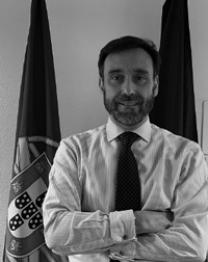
Rui Macieira is Permanent Representative of Portugal to the United Nations and other International Organizations in Geneva.
Prior to his appointment to Geneva, Rui Macieira was the Ambassador of Portugal to Denmark and Lithuania from 2014 to 2018. He served as Director General for Foreign Policy from 2012 to 2014; Director General for European Affairs from 2011 to 2012; Deputy Director General for Foreign Policy from 2008 to 2011; and Deputy Director General for European Affairs from 2006 to 2008.
Rui Macieira was the Deputy Permanent Representative of Portugal to the United Nations in New York from 2002 to 2006. Other posts he has held since joining the Ministry for Foreign Affairs in March 1984 include Deputy Diplomatic Adviser to the Prime Minister from 1995 to 1997; Deputy Head of Mission at the Portuguese Embassy in Rabat in 1995; and First Secretary at the Portuguese Embassy in Paris from 1990 to 1995.
Rui Macieira has a degree in Economics from the Portuguese Catholic University, in Lisbon (1982).
Kirk Duncan Matthew Humphrey is a Barbadian politician and the current Minister of Maritime Affairs and the Blue Economy. He is the first Minister to hold this post and was appointed in May 2018 as part of the new administration. The focus of the ministry is to streamline and coordinate Barbados' Blue economy and to explore new industries and revenue streams from the ocean while conserving and preserving the marine environment in most sustainable ways.
He holds a degree in Management from the University of the West Indies in Barbados, A Masters Degree in Social Policy and Planning from The London School of Economics and a Masters Degree in Public Administration from Harvard University. A trained social scientist and community practitioner, Mr. Humphrey believes that the blue economy can make a real difference for people in Small Island Developing States.
Dr. Filimon Manoni is Deputy Secretary General at the Pacific Islands Forum Secretariat. He also held the position of International Legal Adviser at the Forum Secretariat from December 2018 and was responsible for providing legal policy advice and analysis in areas such as Oceans governance, nuclear issues and other regional issues at the Forum Secretariat.
Dr. Manoni served as the Attorney General for the Government of the Republic of the Marshall Islands. Prior to that, Dr. Manoni also served as a Legal Adviser at the Pacific Islands Forum Fisheries Agency (FFA).
Dr. Manoni holds a Bachelor of Laws Degree (LLB) from the University of Papua New Guinea, a Masters in Law (LLM) in International Maritime Law from the International Maritime Law Institute at the University of Malta, and a Doctorate in Oceans Resources & Security, from the Australian National Centre for Oceans Resources and Security (ANCORS) University of Wollongong in NSW, Australia.
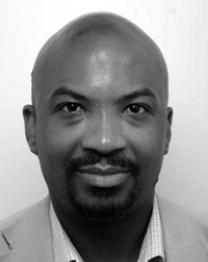
Ambassador Fevrier, is the current Coordinator of the CARICOM Group of Ambassadors in Geneva, responsible for aligning regional positions at the WTO and in other key negotiating fora. He is also the outgoing Chair of the Working Group on Trade and Transfer of Technology at the WTO.
Ambassador Fevrier, has over 20 years of dedicated experience in trade policy development and negotiation and has served in a number of advisory capacities in the Geneva as well as in the Pacific region.
Mr. Fevrier has published on international trade and the Blue Economy. He holds a Bachelor's degree (Hons.) in Political Science from the University of Western Ontario, a Law degree from the University of London and a Master of Laws in International Commercial Law from the University of Westminster.
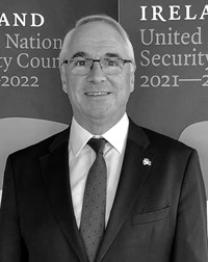
Michael Gaffey has been the Permanent Representative of Ireland to the United Nations in Geneva since August 2017.
Before his appointment to Geneva, he was Director General of the Development Cooperation Division (Irish Aid) at headquarters, following terms as Middle East Director and Director for the Western Balkans and South East Europe.
His previous postings with the Department of Foreign Affairs were in Tokyo, London, Cairo, Amman, Baghdad, Belfast and Chicago.

Usha Chandnee Dwarka-Canabady is Permanent Representative of the Republic of Mauritius to the United Nations and other International Organizations in Geneva.
Prior to this appointment, Ambassador Dwarka-Canabady was, since November 2015, Secretary for Foreign Affairs of Mauritius, after having been acting Secretary for Foreign Affairs between April 2013 and October 2015. She was also Head of the Multilateral Economic Directorate (January 2007 to March 2013) and Head of the Multilateral Political Department (May 2006-2007) of the Ministry of Foreign Affairs, International Trade and Regional Integration in Port-Louis, Mauritius.
Mrs Dwarka-Canabady has a BA in Psychology, Sociology and English from the University of Leicester, an MA in International Politics from the University Libre of Brussels, and a Diplomatic Studies Program Certificate from the Graduate Institute International Studies in Geneva.

Aimee T. Gonzales is currently the Executive Director of the Partnerships in Environmental Management for the Seas of East Asia (PEMSEA), a regional coordinating mechanism to foster healthy and resilient coasts and oceans through applying science based integrated management solutions and strategic partnerships in the East Asian Seas.
Prior to joining PEMSEA, she did analytical and advocacy work to promote policy reforms in the interface of trade, investment and environment with WWF International for more than two decades, notably on fisheries subsidies report in the WTO and in forging closer collaboration on trade, environment and development policy communities.
Before then, she served as Head Executive Assistant to two Cabinet Secretaries of the Philippine Department of Environment and Natural Resources.
She holds a Masters in Environmental Assessment and Education from the London School of Economics and a Masters’ Degree in Public Policy from the National University of Singapore
A former United Nations diplomat with 27 years of experience in the diplomatic service. He served on request as Secretary of the Ministerial meetings of the G77 prior to UNCTAD in Tehran, Havana, Morocco, South Africa and as Secretary of the G77 regional meetings in Bangladesh, Jordan, Lebanon.
He assisted and advised the Government of Qatar in organizing the South Summit in Doha, 2004, and other countless events including the GATES conference in Shanghai and GPA in Beijing.
He has BA in business administration from Mustensiriya University (1968) and a Msc and PhD at the University of Wales (1972-76).
Related
Topic
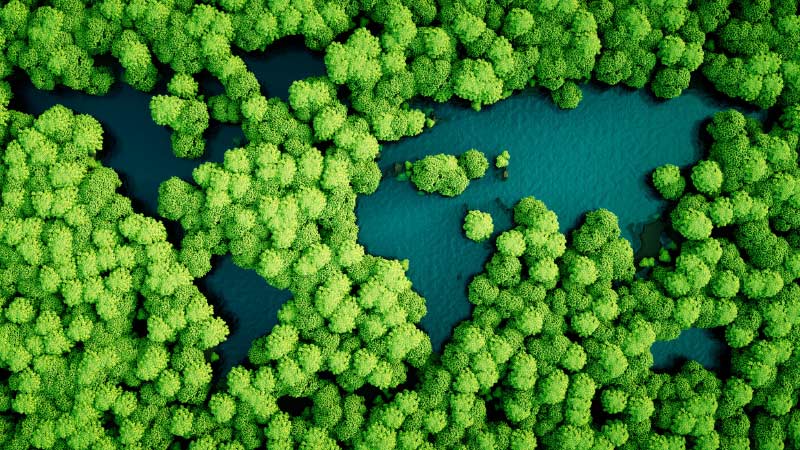 Trade and environment
Trade and environment
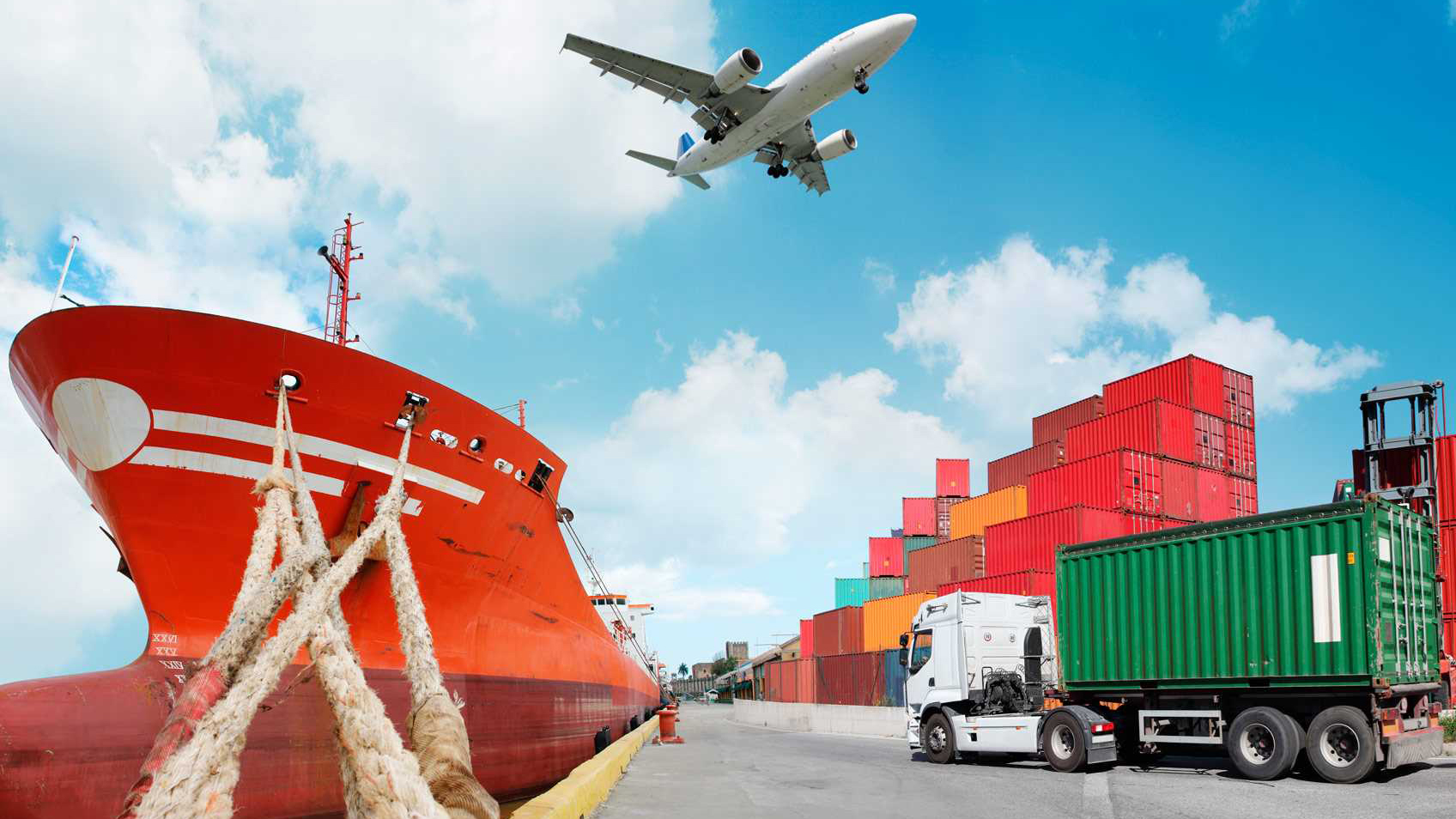 Transport, logistics and trade facilitation
Transport, logistics and trade facilitation
Programme
Projet
Événement
Contact
Mr. David Vivas Eugui
Division of Trade and Commodities, UNCTAD
david.vivaseugui@unctad.org
Ms. Regina Asariotis
Division of Technology and Logistics, UNCTAD
regina.asariotis@unctad.org



